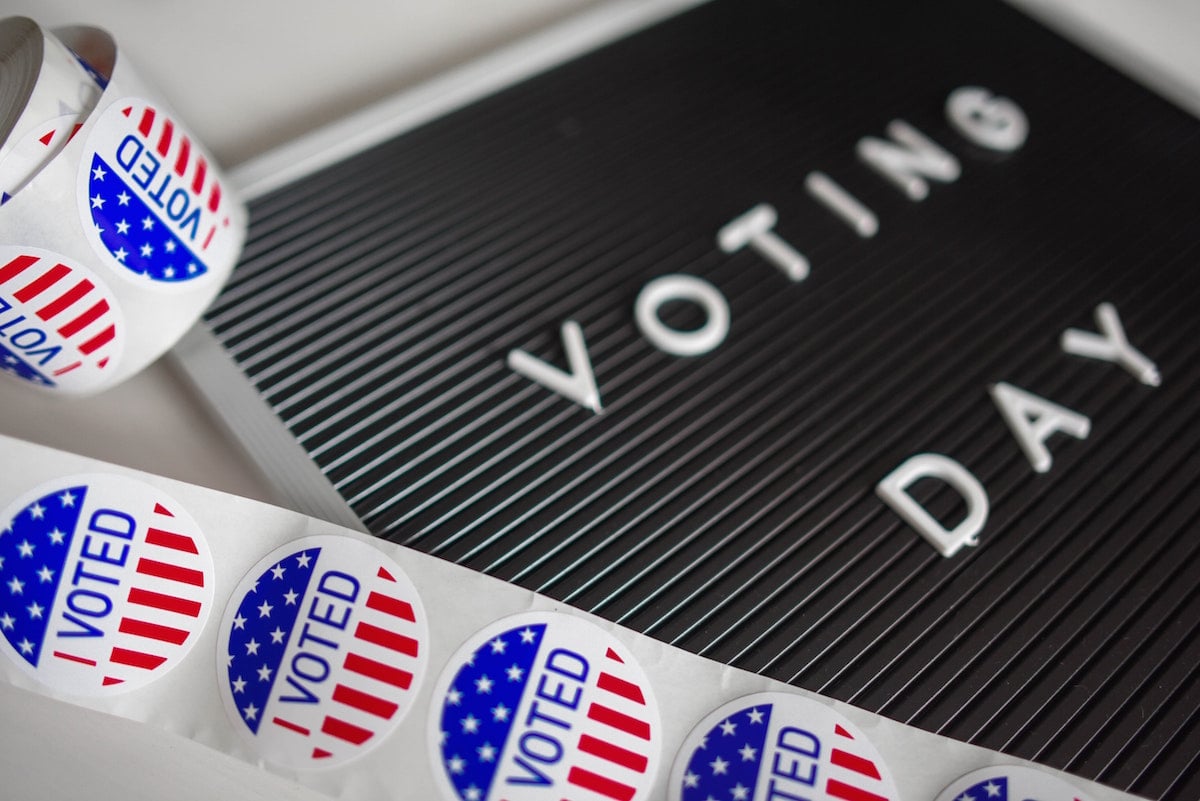[Update, 2/4/2019: Well, that didn’t go as planned. Our guide to what a caucus is, for those who are wondering what went wrong.]
After what feels like a half a decade of campaigning, Democrats in Iowa will begin the actual process of selecting the party’s presidential nominee. But what exactly are the Iowa caucuses? And why does this tiny, middle-American state get so much say in who may lead the country?
It’s actually the law in Iowa that they hold their caucus ahead of any other primary or caucus in the nation, so that they’re always the first and thus have an outsized influence on the direction and momentum of the nominating process. This is troubling for many reasons, not the least of which is that the values and racial makeup of Iowa aren’t close to representative of the rest of the country.
But we’re stuck with this weirdness. So, how does it work? The Iowa caucuses are not a presidential primary, in the sense that people don’t just go to the polls and cast their ballots. They’re—shockingly—even more convoluted and archaic than the typical voting procedure.
Caucuses require Iowans to actually gather together at specific locations in 1,679 precincts around the state (as well as three satellite locations), and from there, it gets really interesting. Caucusers (I think that’s the correct term, despite spellcheck’s protests) at each location literally, well, caucus, which means they gather in small groups based on their candidate of choice.
So, this means that Warren folks will gather in one corner, Sanders folks in another, and Biden supporters in another area, and so forth. I’m sure no fights will break out.
A candidate must get at least 15% of attendees to caucus for them to achieve viability. That means, for example, if there are 100 people total at a precinct, and only 4 people show up to caucus for Andrew Yang, after the first round, those people need to join in with attendees of a viable group, form a new viable group with attendees whose first choice was also unviable, or give up entirely. This year, caucusers who commit to viable candidates in the first round are stuck there and can’t recommit elsewhere.
The number of the delegates awarded to each candidate, then, is determined by a mathematical formula based on how many people caucus for each viable candidate. (Although the actual process of getting from caucus results to Democratic National Convention delegates involves a few other rounds of delegates and conventions in between, in a chain reaction from the caucus results.) Whew!
So, as with the regular democratic primaries, Iowa is not a “winner-take-all” state. The most likely outcome tonight is that, while one candidate will get the most delegates, three to four candidates will leave Iowa with delegates in their column as the long road to the Democratic convention begins.
In 2016, Hillary Clinton squeaked by in Iowa with 23 delegates compared to Bernie Sanders’ 21. This year, there are on 41 delegates up for grabs, as well as 8 superdelegates. We’ll get into whether superdelegates will matter at all in the nomination process later, but the DNC has changed the rules on them so that they (hopefully) won’t be the deciding factor in the nomination.
So. That’s how the cookie will crumble, and we’re not sure how long it will take for results to come in [Ed. note—we’re still waiting], given that there are so many candidates in contention. The Iowa Democrats are preparing for record turnout, in line with the 2008 record of 240,000. In that contest, Barack Obama won 16 delegates, Hillary Clinton won 15, and John Edwards (oof, remember him?) won 14.
No one said democracy was easy, I guess.
(via: NBC News)
Want more stories like this? Become a subscriber and support the site!
—The Mary Sue has a strict comment policy that forbids, but is not limited to, personal insults toward anyone, hate speech, and trolling.—










Published: Feb 3, 2020 01:48 pm